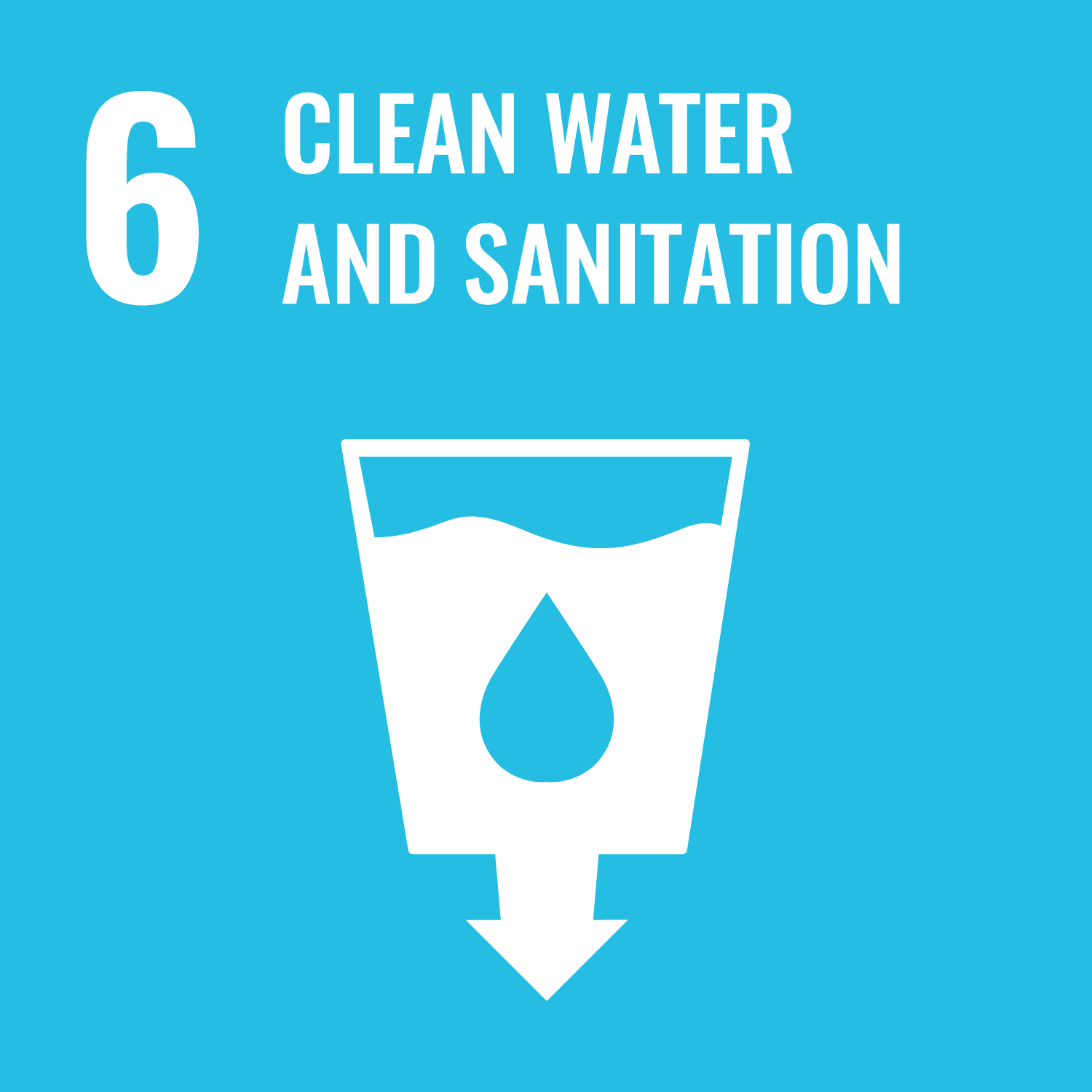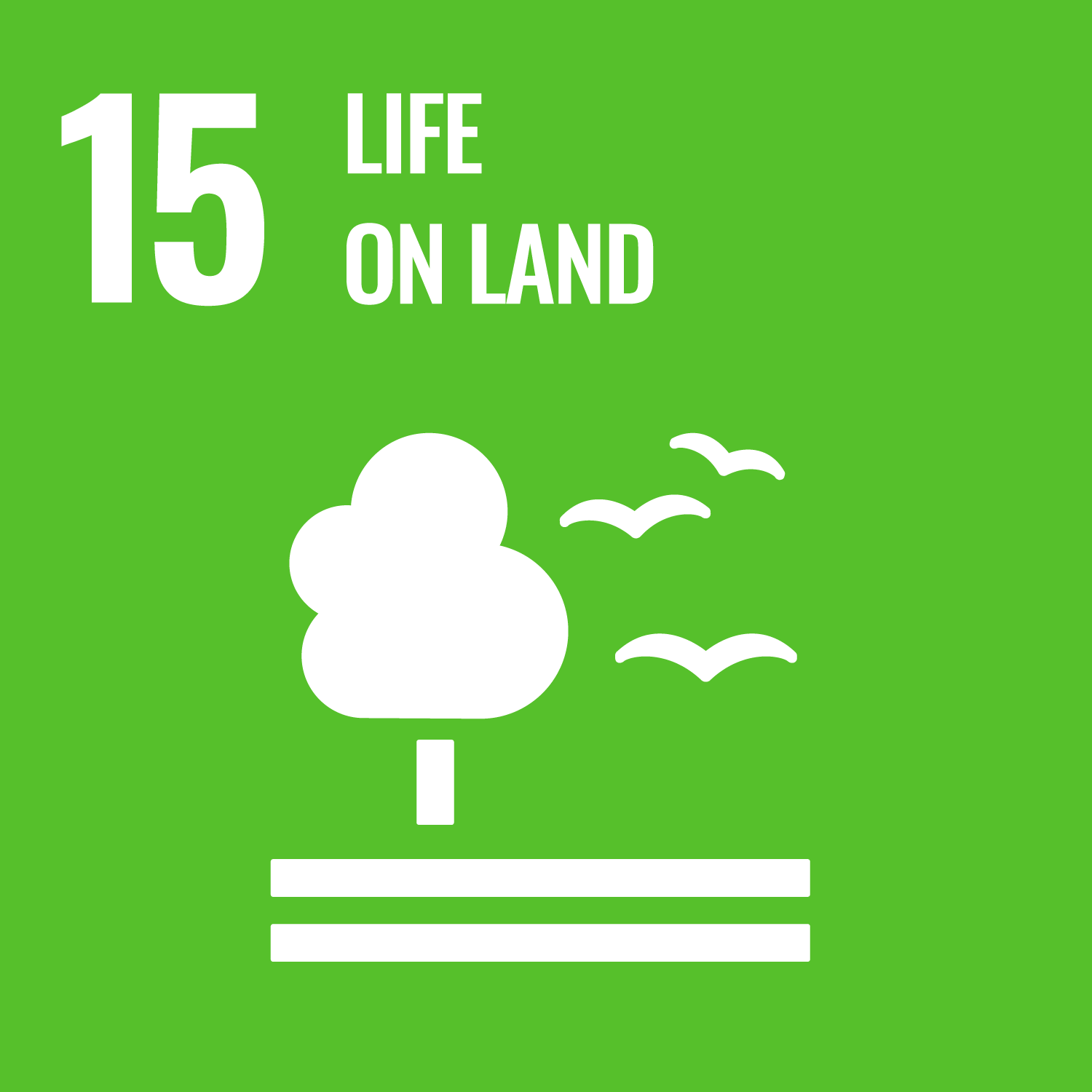ORCID
- Alistair G.L. Borthwick: 0000-0001-6053-7764
Abstract
AbstractVanadium mining activities can cause contamination of the surrounding geological environment. Vanadium may exist in multiple matrices due to its migration and transformation, forming interactive relationships; however, the connection between vanadium distributions in multiple matrices and microbial community responses remains largely unknown. Vanadium is a redox‐sensitive metal that can be microbiologically reduced and immobilized. To date, bioremediation of vanadium‐contaminated environments by indigenous microorganisms has rarely been evaluated. This paper reports a systematic investigation into vanadium distributions and microbial communities in soils, water, and sediment from Panzhihua, China. Large vanadium contents of 1130.1 ± 9.8 mg/kg and 0.13 ± 0.02 mg/L were found in surface soil and groundwater. Vanadium in surface water tended to precipitate. Microbial communities isolated from similar environments were alike due to similarity in matrix chemistry whereas communities were distinct when compared to different matrices, with lower richness and diversity in groundwater. Proteobacteria was distributed widely and dominated microbial communities within groundwater. Redundancy analysis shows that vanadium and nutrients significantly affected metal‐tolerant bacteria. Long‐term cultivation (240 days) suggests the possibility of vanadium bioremediation by indigenous microorganisms, within acid‐soluble fraction. This active fraction can potentially release mobile vanadium with shifted redox conditions. Vanadium (V) was bio‐reduced to less toxic, mobile vanadium (IV) primarily by enriched Bacillus and Thauera. This study reveals the biogeochemical fate of vanadium in regional geological environments and suggests a bioremediation pathway via native vanadium‐reducing microbes.
DOI Link
Publication Date
2019-01-01
Publication Title
Journal of Geophysical Research: Biogeosciences
Volume
124
Issue
3
ISSN
2169-8953
Deposit Date
2024-06-04
First Page
601
Last Page
615
Recommended Citation
Zhang, B., Wang, S., Diao, M., Fu, J., Xie, M., Shi, J., Liu, Z., Jiang, Y., Cao, X., & Borthwick, A. (2019) 'Microbial Community Responses to Vanadium Distributions in Mining Geological Environments and Bioremediation Assessment', Journal of Geophysical Research: Biogeosciences, 124(3), pp. 601-615. Available at: 10.1029/2018jg004670
Additional Files
SupportingInformation V-microbe -2018-6-26_aglb_print.pdf (682 kB)Accepted Figures.pdf (360 kB)



